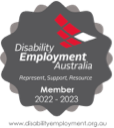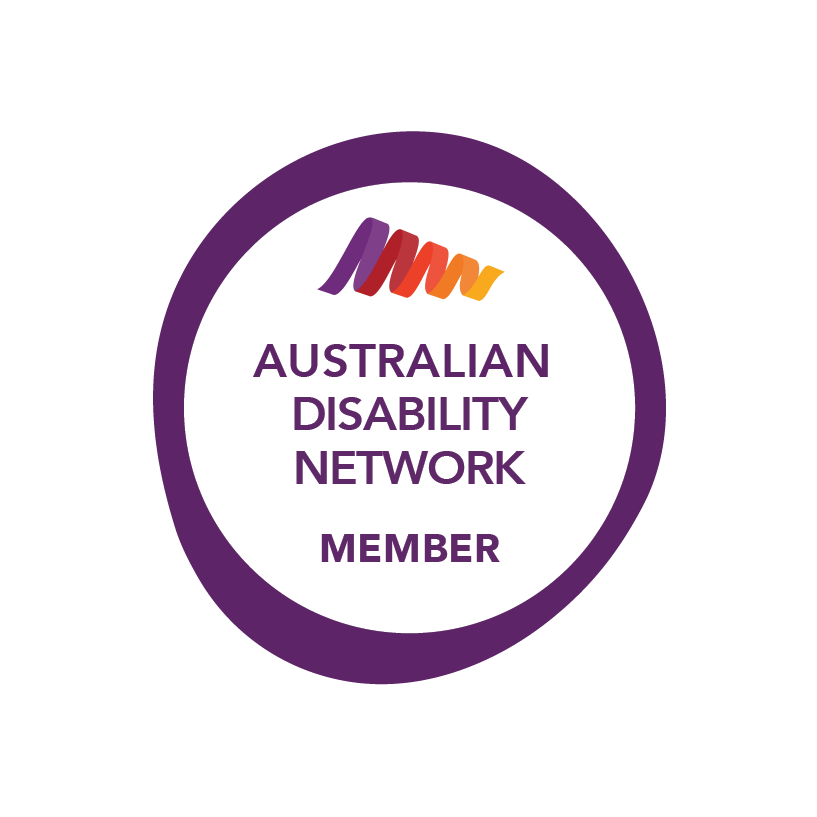The hospitality industry offers a dynamic and rewarding career path for individuals who enjoy working in fast-paced, people-focused environments. With roles ranging from front-of-house positions to management and event coordination, hospitality provides endless opportunities for growth and development.
Whether you’re aiming to work in a local café, a bustling restaurant, or an international hotel chain, starting a career in hospitality is achievable for anyone willing to build the right skills and gain relevant experience.
What Makes Hospitality a Great Career Choice?
A career in hospitality is more than just a job, it’s an opportunity to work in a vibrant, ever-changing industry that values teamwork, creativity, and exceptional service.
Flexibility in Roles and Hours
Hospitality offers a wide range of roles, from casual and part-time positions to full-time management careers. This flexibility is ideal for students, parents, and anyone looking for adaptable work schedules.
Opportunities for Career Progression
The hospitality industry provides clear pathways for advancement. Starting in an entry-level position, such as a waiter or kitchen assistant, can lead to roles in supervision, management, or even owning your own business.
A Diverse and Inclusive Environment
Hospitality welcomes individuals from all walks of life, offering the chance to work with people from diverse cultures and backgrounds. It’s a global industry, making it easy to find opportunities both in Australia and abroad.
Transferable Skills
Skills gained in hospitality, such as communication, problem-solving, and customer service, are highly valued across various industries. This makes hospitality an excellent foundation for future career growth.
Personal Fulfilment
For many, the satisfaction of delivering memorable experiences to customers is one of the most rewarding aspects of working in hospitality. Whether it’s hosting events, preparing meals, or solving customer concerns, the work is highly gratifying.
How to Start a Career in Hospitality
Embarking on a career in hospitality is straightforward with the right preparation and approach. Whether you’re just starting or transitioning from another industry, here’s how to set yourself up for success.
Understand the Industry
Before diving in, it’s essential to familiarise yourself with the hospitality landscape.
- Front-of-house positions: waitstaff, bartenders, receptionists.
- Back-of-house roles: chefs, kitchen assistants, housekeeping staff.
- Management and coordination: event managers, hotel supervisors.
Gain the Right Qualifications
Many roles in hospitality don’t require formal education, but obtaining relevant certifications can boost your employability. Some commonly required qualifications in Australia include:
- RSA (Responsible Service of Alcohol): Essential for working in establishments that serve alcohol.
- Food Handling Certificate: Required for jobs involving food preparation and service.
- Barista Training: Highly desirable for café roles. These courses are often short, affordable, and widely accessible through local training centres or online platforms.
Build Relevant Skills
- Customer Service: The cornerstone of hospitality, ensuring a positive experience for patrons.
- Time Management and Organisation: Crucial in fast-paced environments.
- Teamwork and Communication: Essential for smooth collaboration with colleagues.
Start Small and Gain Experience
Entry-level positions, such as waitstaff, dishwashers, or front-desk assistants, are great starting points. These roles allow you to gain hands-on experience, develop industry knowledge, and build a network of contacts for future opportunities.
How to Get a Hospitality Job with No Experience
Securing a hospitality job without prior experience may seem challenging, but it’s achievable with the right approach.
Highlight Your Transferable Skills
Focus on skills you’ve developed in other settings, such as:
- Customer Service: Retail or volunteer roles often involve engaging with people.
- Teamwork: Any experience working in group environments is highly valued.
- Time Management: Employers appreciate candidates who can handle busy periods efficiently.
Demonstrating how these skills align with the requirements of a hospitality role can make a strong impression.
Craft a Hospitality-Focused Resume
Tailor your resume to emphasise your enthusiasm for the industry and your relevant skills.
- A professional summary highlighting your eagerness to learn.
- Any volunteer work, training, or certifications like RSA or food handling.
- Examples of soft skills, such as problem-solving or adaptability.
Leverage Personal Networks
Sometimes, who you know can be as important as what you know. Let friends, family, and acquaintances know you’re looking for hospitality work. They may be aware of local businesses hiring or could recommend you directly to an employer.
Approach Businesses Directly
Hospitality employers often value initiative. Visit local cafés, restaurants, or hotels to introduce yourself and express your interest. Dress professionally, bring copies of your resume, and be ready to explain why you’d be a good fit for their team.
Start with Casual or Seasonal Roles
Entry-level positions like waitstaff, kitchen assistants, or event staff are often available on a casual or seasonal basis. These roles don’t typically require previous experience and can serve as a stepping stone to long-term employment.
Showcase a Positive Attitude
Hospitality employers prioritise personality and attitude over experience in many cases. Show enthusiasm, a willingness to learn, and a genuine passion for delivering excellent service.
Tips for Succeeding in the Hospitality Industry
Once you’ve started your career in hospitality, excelling in your role is key to unlocking long-term success and growth.
Build Strong Relationships
The hospitality industry is built on teamwork and customer interactions.
- Colleagues: Foster positive working relationships by being reliable, supportive, and approachable.
- Customers: Deliver outstanding service with a friendly attitude and a genuine focus on their needs.
Embrace Continuous Learning
The hospitality industry evolves constantly, with new trends and techniques emerging regularly.
- Learning new skills, such as barista training or advanced customer service techniques.
- Attending workshops, industry events, or online training.
- Seeking feedback from supervisors and colleagues to identify areas for improvement.
A commitment to learning demonstrates your dedication and helps you stand out.
Stay Adaptable
Hospitality environments are fast-paced and often unpredictable.
- Think on your feet when challenges arise.
- Handle varying workloads during peak and off-peak hours.
- Take on new responsibilities as needed to support the team.
Adaptability is a valuable trait that can lead to career progression and new opportunities.
Deliver Exceptional Customer Experiences
Exceeding customer expectations is at the heart of hospitality.
- Anticipate customer needs and address concerns promptly.
- Pay attention to detail, ensuring every interaction is professional and pleasant.
- Handle complaints gracefully, turning negative experiences into positive outcomes.
Exceptional service helps build your reputation and contributes to the success of your workplace.
Set Career Goals
Plan for your future by setting short- and long-term goals. Whether you aspire to a management role, own a hospitality business, or specialise in a particular area, having clear objectives will guide your efforts and motivate you to grow.
Take Care of Yourself
Hospitality can be physically and mentally demanding. Maintain balance by:
- Prioritising rest and recovery during your time off.
- Staying active and eating well to maintain energy.
- Practising stress management techniques, such as mindfulness or exercise.
Ready to Start Your New Career?
Starting a career in hospitality is an exciting opportunity to work in a dynamic, people-focused industry with endless growth potential. Whether you’re entering the field with no prior experience or looking to expand your skills, the right approach can help you succeed.
By understanding the industry, gaining essential qualifications, building relevant skills, and leveraging available resources, you can confidently take your first steps into the hospitality sector. Remember, enthusiasm, adaptability, and a commitment to providing excellent service are often more important than experience in this field.
With TURSA’s expert support, you’ll have access to the training, guidance, and connections you need to turn your career aspirations into reality. Take the first step today and contact TURSA to explore how we can help you achieve your goals in hospitality.
















